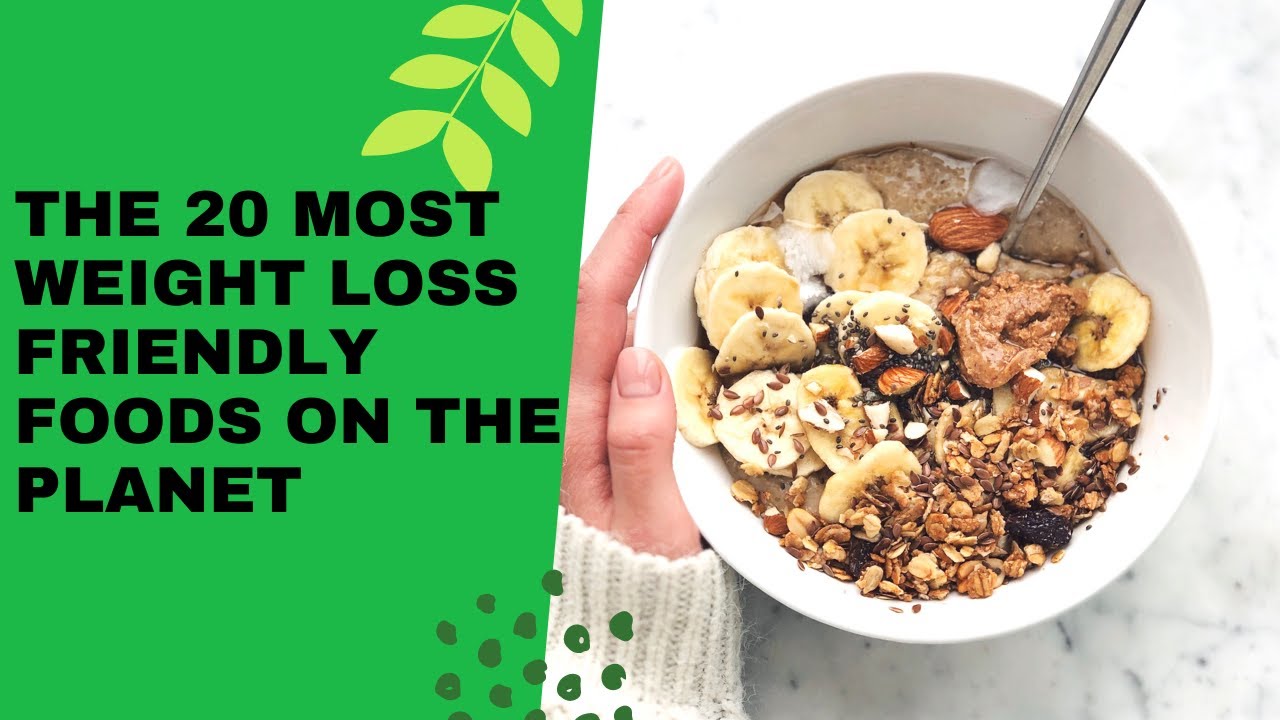8 Foods to Avoid When You Have a Peptic Ulcer

A peptic ulcer is a painful and often debilitating condition that affects the lining of the stomach or the duodenum, the first part of the small intestine. Diet plays a crucial role in managing peptic ulcers and alleviating symptoms. While not all ulcers are caused by diet, certain foods can exacerbate the symptoms and prolong the healing process. In this comprehensive article, we will discuss 8 foods that you should avoid when you have a peptic ulcer, as well as the reasons behind these recommendations.
- Spicy Foods
Spicy foods, such as those containing chili peppers or hot sauce, can irritate the stomach lining and exacerbate the pain associated with peptic ulcers. Capsaicin, the compound that gives chili peppers their heat, has been shown to increase stomach acid production and slow down the stomach’s emptying process. This can lead to increased irritation and inflammation, aggravating the ulcer and prolonging the healing process. It’s best to avoid spicy foods and opt for milder alternatives when dealing with a peptic ulcer.
- Caffeine-containing Beverages
Caffeine is a well-known stimulant found in coffee, tea, chocolate, and some energy drinks. It stimulates the production of stomach acid, which can be harmful to the delicate lining of the stomach and exacerbate ulcer symptoms. Furthermore, caffeine can disrupt your sleep patterns and cause additional stress, which has been linked to ulcer development. It is wise to avoid or limit your intake of caffeine-containing beverages to promote ulcer healing.
- Alcohol
Alcohol is a known irritant of the gastrointestinal (GI) tract and can worsen peptic ulcer symptoms. It increases stomach acid production, weakening the stomach’s protective lining, and makes it more susceptible to damage by the ulcer-causing bacteria Helicobacter pylori. Moreover, excessive alcohol consumption can interfere with the liver’s ability to process medications used to treat peptic ulcers. It is recommended to abstain from alcohol or consume it in moderation while healing from a peptic ulcer.
- Citrus Fruits and Juices
Citrus fruits like oranges, lemons, and grapefruits are high in acid, which can irritate the stomach lining and exacerbate ulcer pain. Additionally, citrus juices can also increase stomach acid production. Although these fruits are rich in vitamin C and other essential nutrients, it is advisable to limit their consumption during the healing process to avoid further irritation of the ulcer.
- Tomato-based Products
Tomato-based products, such as tomato sauce, salsa, and ketchup, have a high acidity level, which can exacerbate ulcer pain and prolong the healing process. They can also stimulate stomach acid production, further irritating the ulcer. It is recommended to avoid or limit the consumption of tomato-based products when dealing with a peptic ulcer.
- High-fat Foods
High-fat foods, including fried foods, fatty meats, and full-fat dairy products, can slow down stomach emptying and increase stomach acid production. This can lead to increased pressure on the stomach lining, making it more susceptible to damage and irritation. Reducing your intake of high-fat foods and opting for lean proteins, low-fat dairy, and healthier cooking methods like grilling or steaming can help minimize ulcer symptoms.
- Carbonated Beverages
Carbonated beverages, including soft drinks and sparkling water, can cause bloating and increased pressure on the stomach lining, leading to greater discomfort and irritation for those with peptic ulcers. Furthermore, many soft drinks contain high levels of sugar and artificial sweeteners, which can negatively impact gut health. It is advised to avoid carbonated beverages and opt for water, herbal
teas, or non-acidic fruit juices to stay hydrated and promote ulcer healing.
- Processed Foods
Processed foods are often high in unhealthy fats, sodium, and artificial additives, which can contribute to inflammation and exacerbate ulcer symptoms. These foods can also disrupt the balance of healthy bacteria in your gut, which is crucial for proper digestion and immune function. It is essential to limit your intake of processed foods, such as fast food, canned soups, and pre-packaged snacks, and focus on consuming a balanced diet rich in whole, natural foods.
Conclusion
Diet plays a significant role in managing the symptoms of peptic ulcers and promoting the healing process. By avoiding or limiting the consumption of spicy foods, caffeine-containing beverages, alcohol, citrus fruits and juices, tomato-based products, high-fat foods, carbonated beverages, and processed foods, you can help alleviate your ulcer symptoms and support your overall gut health.
It is important to remember that individual reactions to foods can vary, and what may irritate one person’s ulcer may not affect another’s. Listen to your body and take note of any foods that seem to cause discomfort or worsen your symptoms. Consulting with a registered dietitian or healthcare professional can provide personalized guidance on optimizing your diet for ulcer healing and overall health.
















